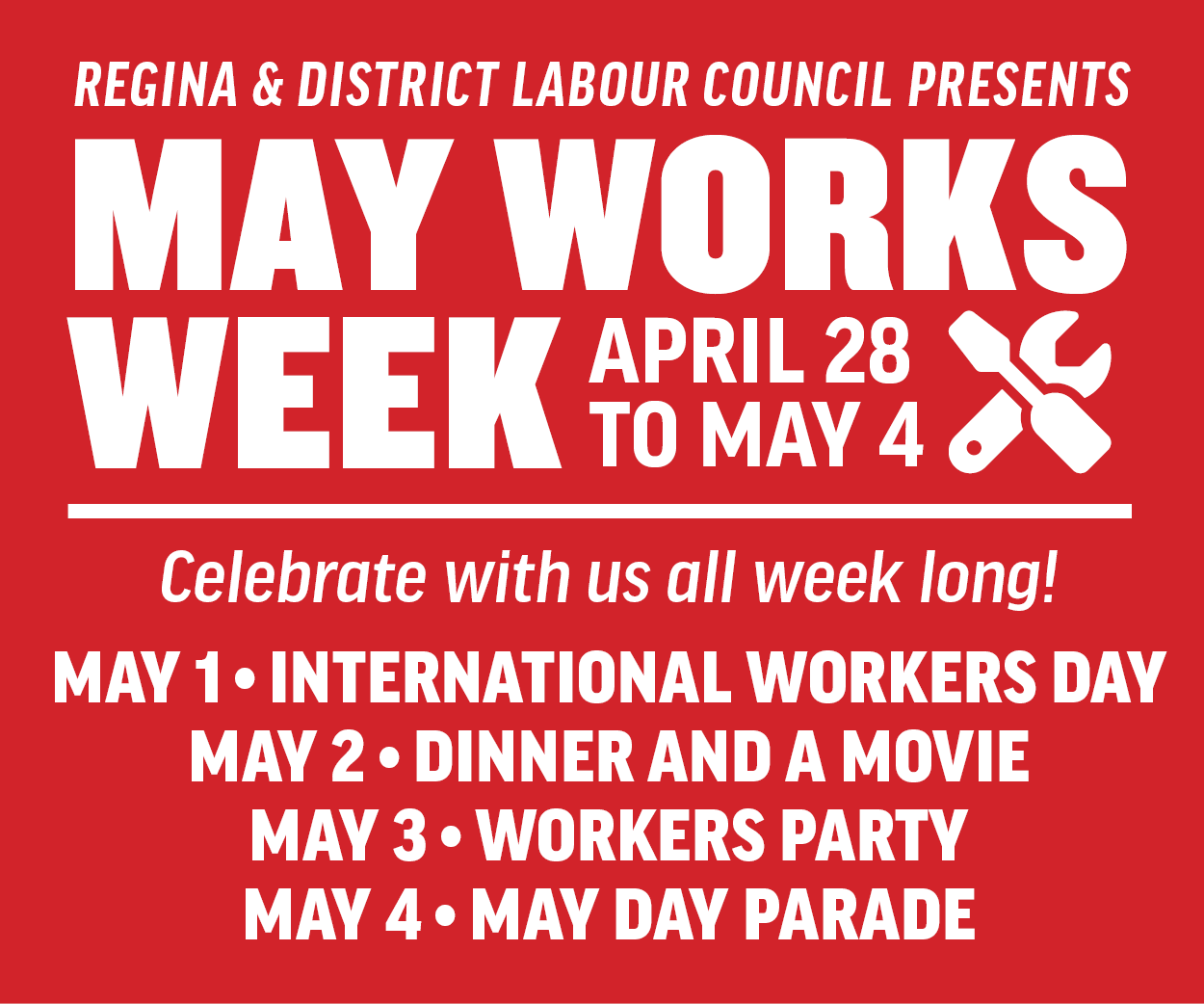How Shooting Guns scrambled up a sweet score for WolfCop
by Craig Silliphant
 Film scores are like sports referees: when they’re good people don’t notice, but when they suck… well, everybody is pretty pissed off. So they’re a crucial part of the movie experience, obviously — meaning filmmakers have to get the right people for the job.
Film scores are like sports referees: when they’re good people don’t notice, but when they suck… well, everybody is pretty pissed off. So they’re a crucial part of the movie experience, obviously — meaning filmmakers have to get the right people for the job.
The people behind Saskatchewan-made horror flick Wolfcop are pretty damn confident they did just that in recruiting Saskatoon doom-rockers Shooting Guns to provide their movie’s score.
Wolfcop’s producer J. Joly (also the CEO of Cinecoup) reached out to the Gunners via their Facebook page after hearing their first album, Born to Deal in Magic: 1952 – 1976.
“I’m a longtime vinyl soundtrack collector,” says Joly. “And one of my favourite composers is Lalo Schifrin who, amongst other iconic scores, did Dirty Harry. There’s one track on the original score called “Scorpio’s Theme” that used tense, spooky, orchestral music, ethereal chorus, fuzz bass and funk drums to create this heavy killer track that plays amazingly well in the film and totally awesome on its own.
“The more we talked and explored, the more we found ourselves drawn to heavy rock guitar riffs and fat analogue synth. When we listened to Shooting Guns, they possessed that perfect balance of early-Sabbath-meets-John-Carpenter.”
Wolfcop is the story of a small-town alcoholic cop who’s accustomed to blacking out and waking up in weird places. Eventually, he begins to realize that many of his blackouts are due to the fact that he’s a werewolf. (That actually sounds far too much like some of the late-night drinking sessions I’ve had with Shooting Guns.)
Shooting Guns drummer Jim Ginther gave us a blow-by-blow account of the hilarious and nerve-wracking “fake it ‘til you make it” process of recording the score, which came together in a super-fast spasm of creativity. (FYI: I’ve heard it, and the music could easily be an epic new Shooting Guns album in its own right.)
OF COURSE WE CAN! ERM…
“After [Joly and I] hung up, I immediately dashed to the Long & McQuade on 8th Street and rented $4000 worth of mics, tube preamps, etc., getting to work that day on building the studio that I assured him we already had in place.”
“While [Joly] was busy convincing the other producers that we could indeed pull this off, we spent the rest of the month setting up the studio, Googling the technical definition of ‘underscore,’ and teaching ourselves how to record to video on the fly.”
“We hung a white bedsheet on the wall of our jam space and linked up a digital projector to our recording computer so that we could watch the movie while recording live off the floor. We didn’t have hard-copy video files, so we had to stream off a private Vimeo link — and if there was ever a buffering problem (and there were several), we had to wait for the 20-minute clip to reload before we could get back on it. To say we were running a ragtag operation at this point would be giving us too much credit. The film was being edited as we were scoring, so as long as we could keep pace with them before their next reel was ready, we were staying on track.”
BRING IN THE REINFORCEMENTS!
“By the end of February, we had an audition sample for the first reel — the movie was broken down into four 20-minute reels. We had spent three weeks on it at this point and still didn’t know whether we had the job or not.”
“It became pretty apparent that we’d need some help to pull this off, so we enlisted the incredible Toby Bond, an ex-Carbon Dating Service bandmate, who’s an accomplished composer in his own right. Our first session together was right at the onset of a punishing minus-50 C cold snap, so this project soon became a coping mechanism for one of the coldest winters I can remember.”
“Once we got Toby on board, it was ‘all systems go’ for the next month, non-stop. By mid-March, we had the first three reels filled — and somehow still fit in a show in Edmonton in there.”
“By the end of March, we had filled every second of video on all four reels with music. Toby deserves as much credit (if not more than the band) for the soundtrack, not just for the synth and viola parts that he added, but also for composing huge swaths of material that would set the tone for the entire project.”
“By early April, we were done recording and had 86 minutes of material that sounded just like what it was: something we cobbled together in our jam space. We brought S.J. Kardash from Full Color Studios [and local band Violent Kin] to mix everything, and I can’t overstate the difference that he brought out in the tracks. S.J. had some extremely tight deadlines to work with but delivered ahead of schedule, giving the producers a finished product that they were happy with. We all breathed a huge sigh of relief and started catching up on two months of lost sleep.”
ALL’S WELL THAT ENDS WELL
“In the end, I think we’ll look back on the whole experience very positively, and will always be grateful to Cinecoup for taking a chance on us, although they may just be finding out now, after reading this, how risky working with us really was — especially in those cold, dark days at the start.”





